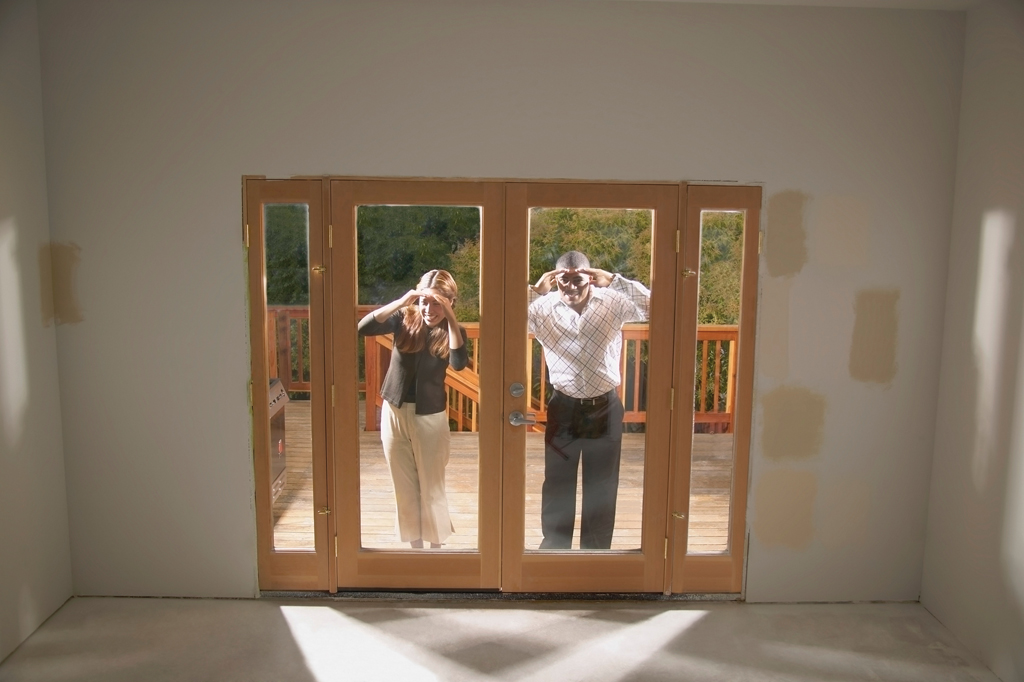Fed rate hike suggests economy is quickening; millennial buyers not so sure
By Laura Depta
CTW Features
The millennial generation — those born from the 1980s to 2000s — are, generally speaking, already slower to buy homes than their parents were. Now that the Federal Reserve has raised interest rates for the first time in 10 years, what does that mean for young, aspiring homeowners in the near future?
Despite their reputation for commitment phobia, millennials are actually quite conservative in their views on home ownership, according to Erin Lantz, vice president of Mortgages at Zillow.
“They still believe owning a home is part of the future that they aspire to,” says Lantz. “That said, they are having a hard time getting into that home as early as young homebuyers once did. There’s a couple of things driving that.”
Lantz cites millennials’ difficulty building savings due to high rental cost as one factor slowing them down. The postponement of major life decisions, including marriage and children, is the other.
Since the financial crisis of 2008, the Federal Reserve has kept interest rates low to boost the economy and put people to work.
In December, the Federal Open Market Committee opted to increase the target range for the federal funds rate to 0.25 to 0.50 percent, citing improvement in the labor market and a positive economic outlook.
“The recent rate rise can be interpreted, and should be interpreted, positively,” says Bob Johnson, President and CEO of the American College of Financial Services. “The Fed believes that the economy is strong enough to withstand an interest rate increase.”
In practical terms, the increase will affect several aspects of daily American life, albeit at varying paces. For instance, credit card interest rates will increase, almost immediately in some cases. Mortgage rates will rise at a slower pace with a lag of perhaps several months.
Though mortgage rates will rise, Johnson estimates it won’t be by more than about one percent or so in the next year. He encourages potential home buyers to understand the increase in a historical context.
“Way back in the early 1980s, short-term interest rates were above 15 percent,” he explains. “People were taking out mortgages that had 16 percent interest rates. People now can’t even imagine that.”
When one hears “rising interest rates,” the tendency might be to feel some urgency. Millennials, and any potential homebuyers, should realize rising rates do not necessarily demand immediate action.
“There’s no need for future home buyers to panic or feel like affordability is completely out of reach,” says Lantz. “The most important factor to consider when buying a home – in our opinion- – is not rates. It’s about your personal considerations, where you want to live and if you need to move.”
For millennials intent on purchasing a home soon, Lantz suggests, above all, diligent research and communication with lenders. She points to the personal variables affecting individual situations and cautions against a standard 30-year fixed rate loan as a blanket approach.
“For many millennials, 30 years is an impossibility. A 30-year fixed may not be the right option for them.”
Ultimately, millennials should continue to focus on savings and do so with an eye toward prudence. According to Johnson, the interest rate increase shouldn’t have a substantial effect on rates for checking or savings accounts, but millennials should think twice before making any risky investments.
“If you’re saving for a down payment, and you know you’re going to need that money in the very near future, you have to accept the fact that you can’t put it in a risky asset,” he advises. “You basically have to put it in savings that earns virtually nothing. You can’t take the risk.”
© CTW Features

